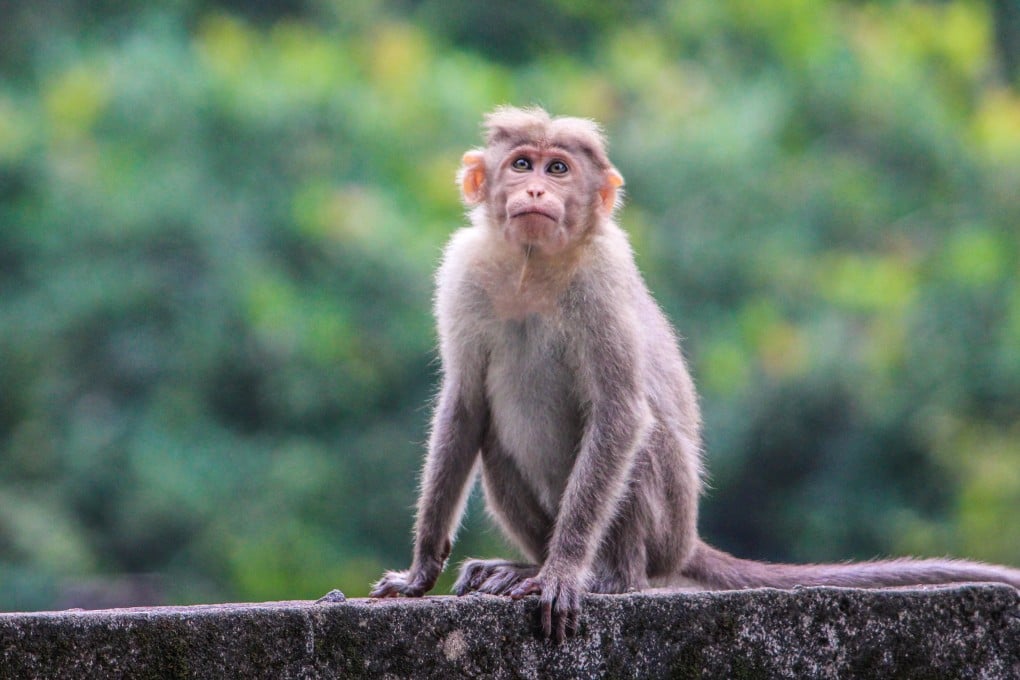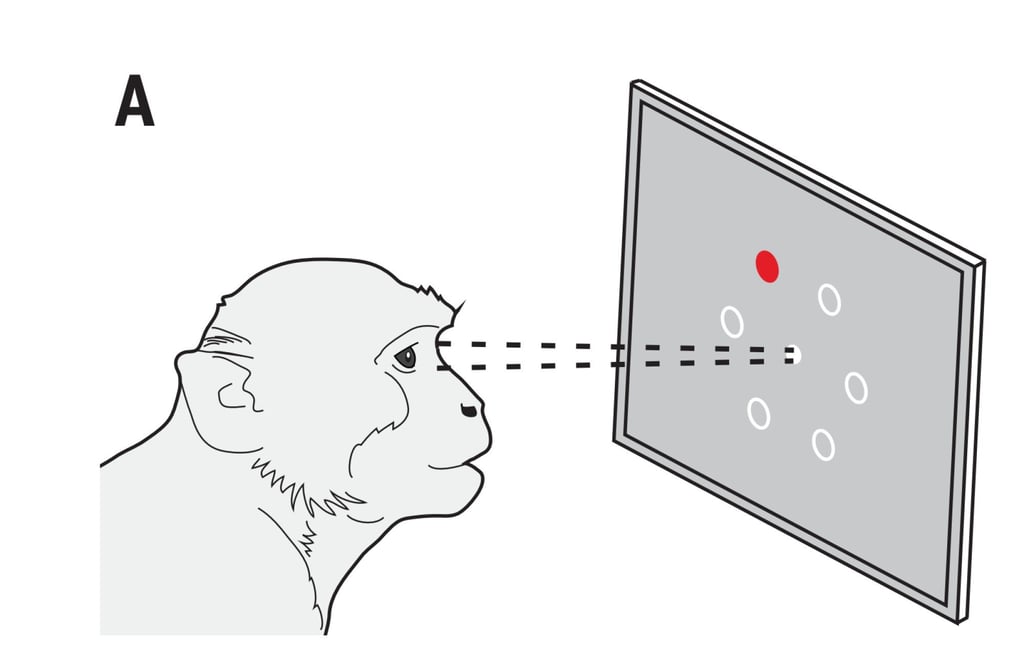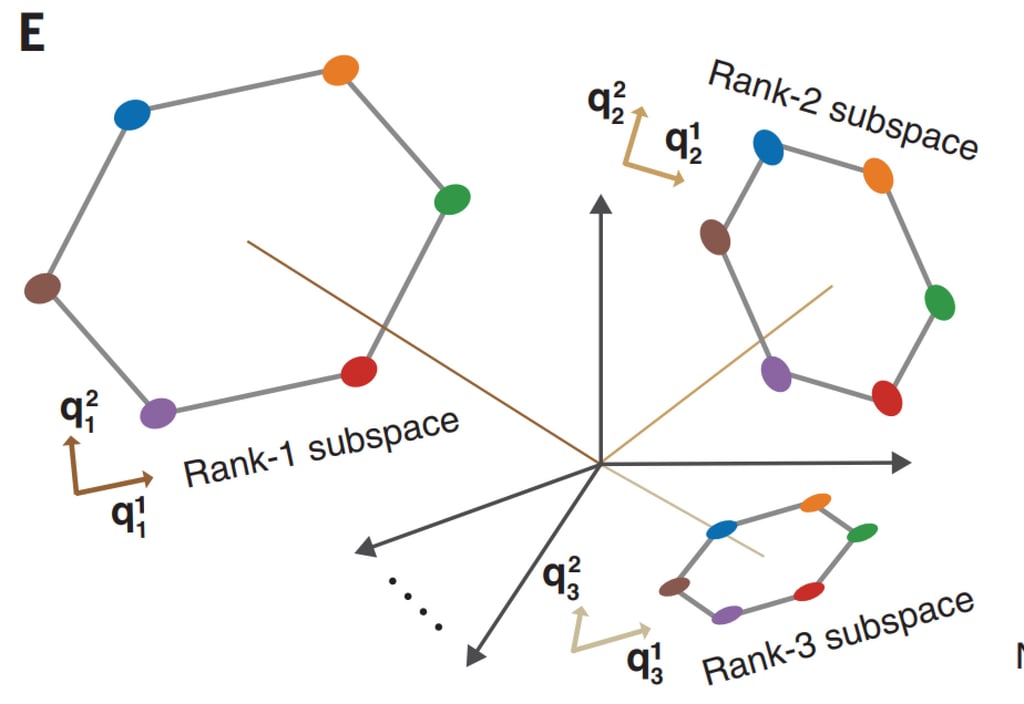Chinese brain study finds monkeys convert time to space to memorise a sequence of events: paper
- Scientists track macaques watching dots on a computer screen to observe how neurons in the lateral prefrontal cortex behave to form memory
- Researchers use AI to track project data but say results may also aid creation of more human-like AI

Monkeys memorise a series of events by converting time to space in their brain, according to a research team in China who reported observing the process.
The discovery sheds light on the fundamental working mechanism of a non-human primate brain, according to the researchers.
In the study, which forms part of the controversial China Brain Project, two macaques were shown a computer screen showing a ring of dots that lit up one at a time in random sequence.

In the monkey brain lateral prefrontal cortex, the part in charge of memory, a cluster of neurons almost identical to the ring started glowing with the brightest spot matching the illuminated dot on the screen.
As the monkey tried to remember the changing dots to earn a reward, the rings of activated neurons were generated one after another in different memory cortex locations. The size of the rings decreased quickly as the number of events increased.

“Our results suggest that the brain transforms time into space,” said the researchers led by Wang Liping with the Institute of Neuroscience, Chinese Academy of Sciences, in Shanghai, in a paper published in Science magazine on Friday.
A wide range of mental activities such as learning a language, finding the way home or telling a life story involve memorising events in the right order. But how our brain handles memory, especially when time is involved, remains poorly understood.